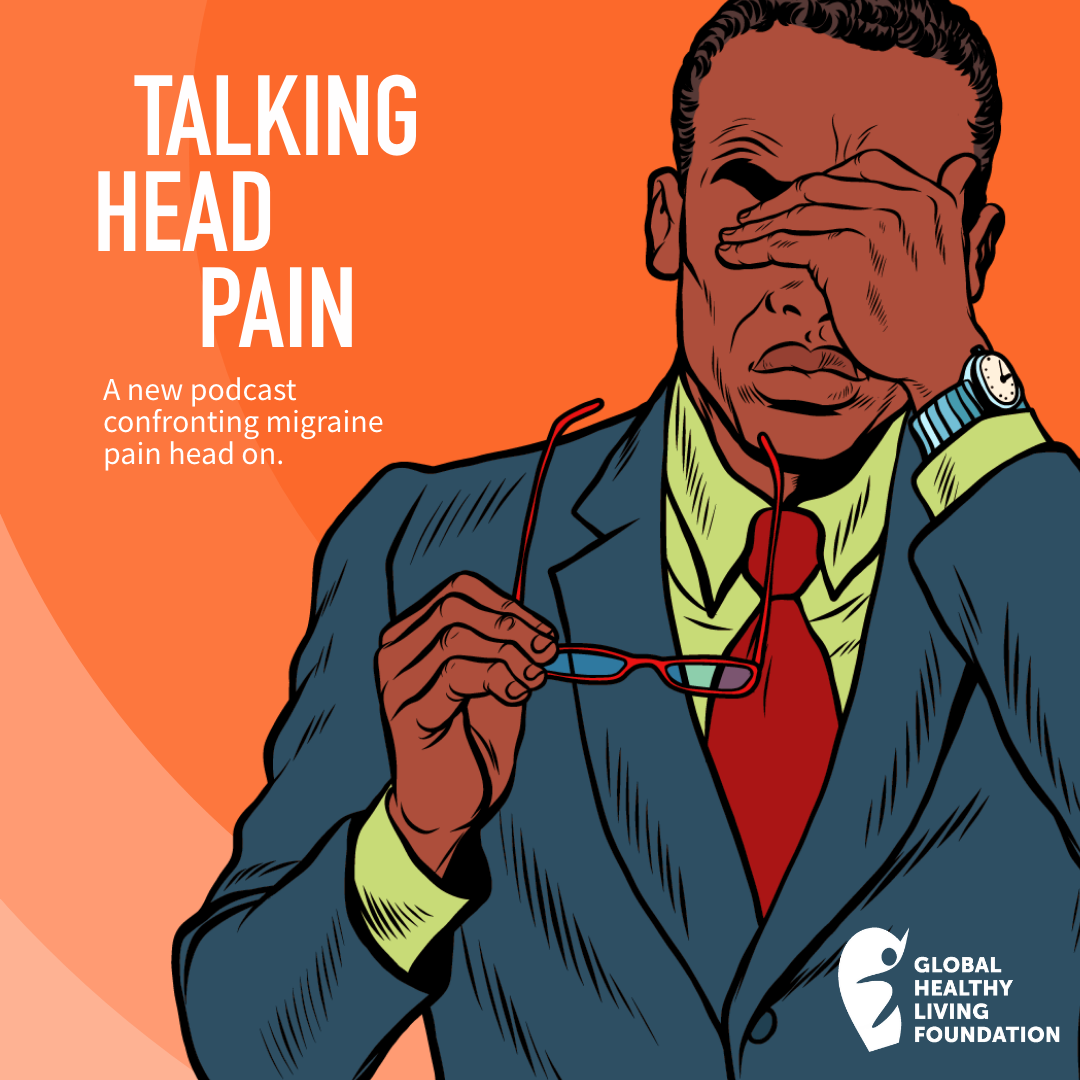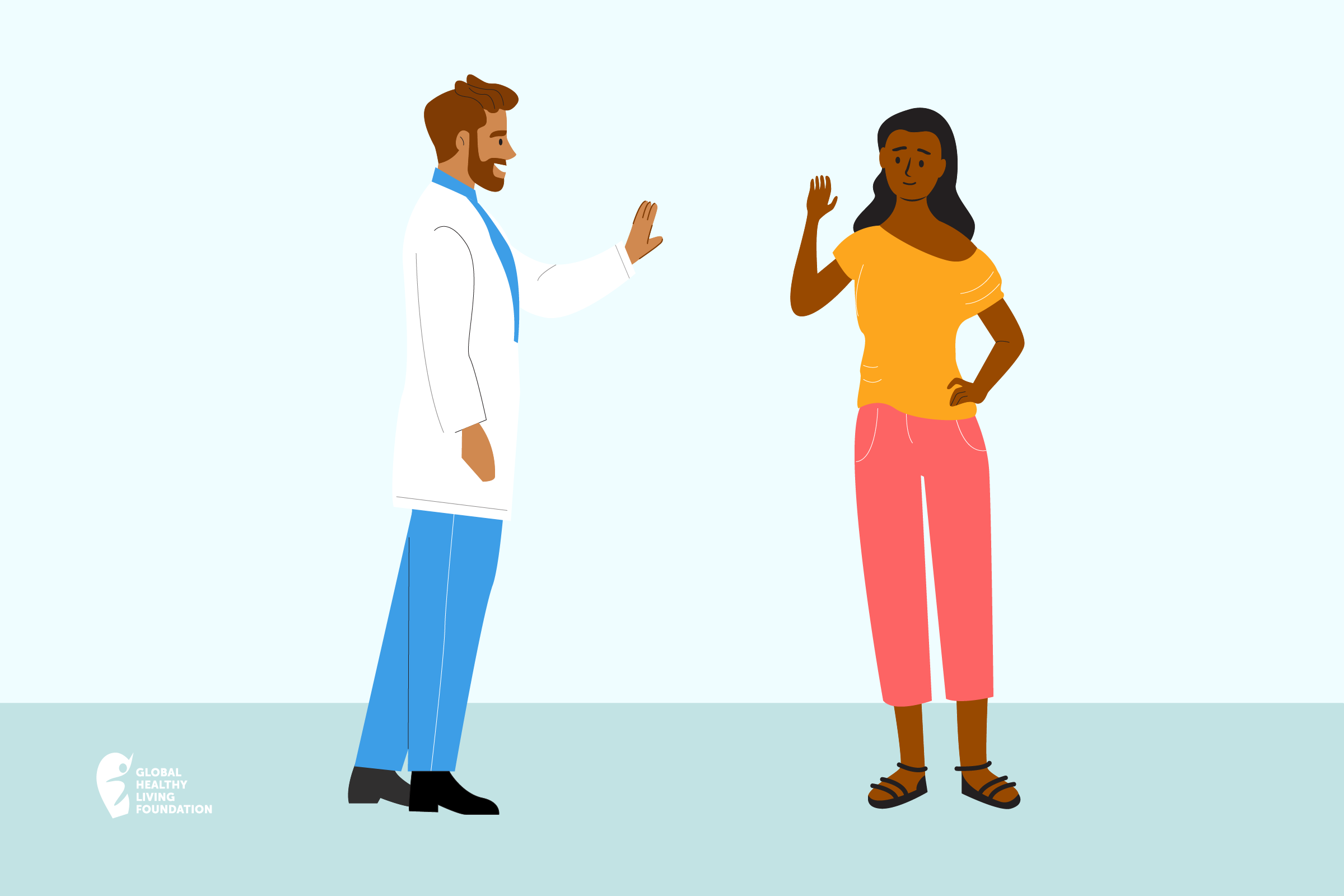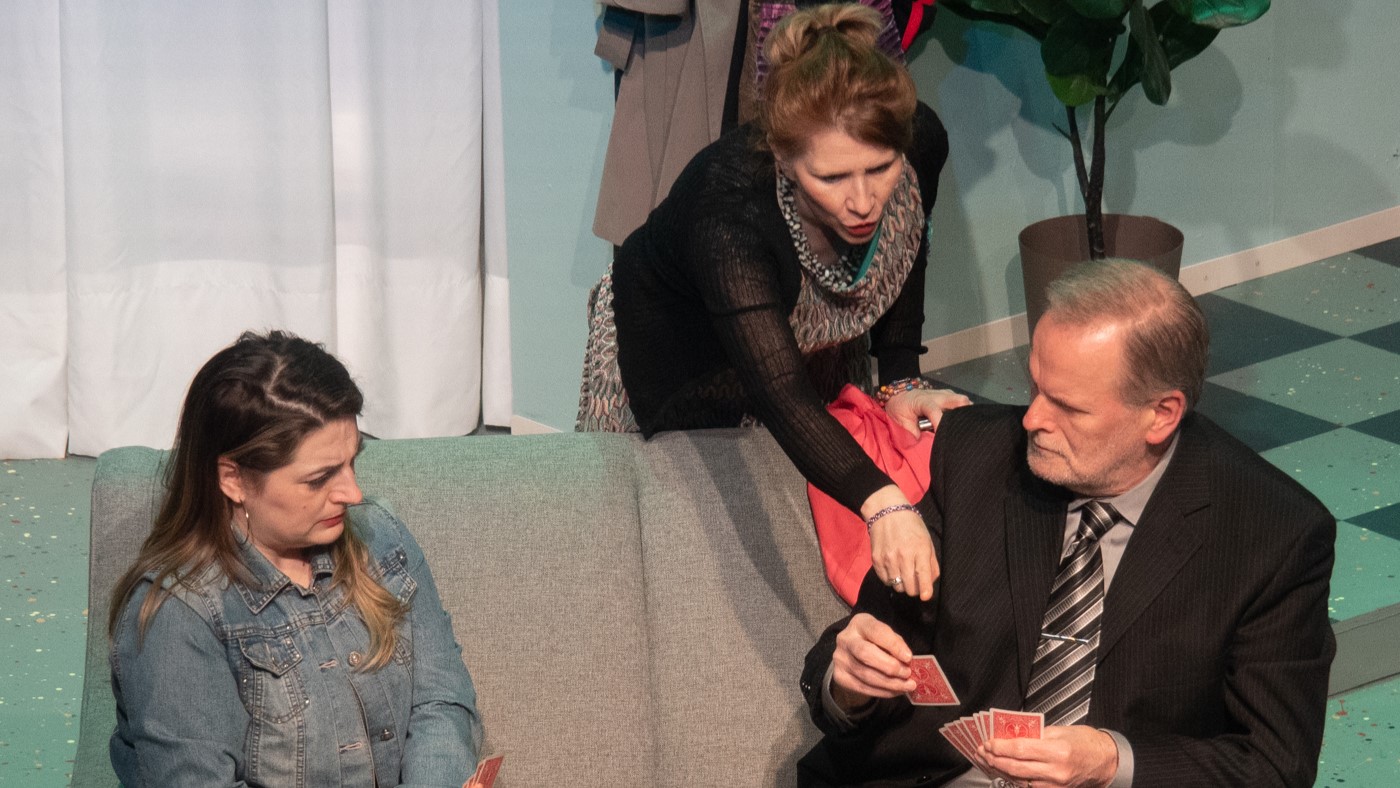

When I was a kid and I got a cold, my mother would run for the medicine cabinet and I would run to hide under the bed. The cough syrup she insisted I take was something I tried to avoid at all costs — to the point of trying to subdue my cough so that I wouldn’t have to take it. She would try to convince me that not only would I feel better, but also that it tasted like a milkshake.
It never tasted like a milkshake, but it did make me feel a little better.
Childhood is the initiation to medicine.
Ear, nose, and throat infections; colds; fevers — we all experienced most of these childhood ailments and with the help of a medical professional, our parents would administer the proper treatments to make us better. Those infections lessened as I grew older. For most of my teenage and adult life I was quite healthy, and I took medications only as needed.
A New Schedule
But when I was diagnosed with rheumatoid arthritis at age 38, I was suddenly thrust into a daily medication schedule. This was something I was not used to. For those first few years, I experimented taking my medication at different times of the day, with meals so I wouldn’t forget, first thing in the morning, or the last thing before bed. As more medications were added to my treatment plan, it got a bit more complicated: take this medication two times a day with food; take that medication one time a day on an empty stomach; take this other medication with another medication or vitamin, but not the other — see what I mean?
I didn’t have a normal daily schedule to help keep me on track. As a part-time worker and artist with multiple jobs and freelance work, my routine was not incredibly stable, and I sometimes forgot to take my medication. Even my weekly injection suffered a few setbacks if I was on the road or even just on vacation.
We think that because we do something repeatedly that it will be embedded in our behaviours, and that’s true for most things. There are things we just naturally do without thinking about them. Some things though, like exercise, diet, and taking medication, are trained habits and sometimes the trained habits take a little longer to insert into our routine.
It’s amazing how a routine can keep us on track with our lives, but I felt there was more than just an unpredictable schedule behind forgetting to take my medicine.
I’m Just Tired
When I admitted to my rheumatologist that I sometimes forgot to take my medication, he wasn’t surprised. In fact, the phenomenon must have been common enough for him to have a name for it at the tip of his tongue.
He called it “medication fatigue.”
After years of taking medication for a chronic medical condition, I was simply tired of the whole routine. I would get irritated thinking about having to take it. Medication fatigue was a symbol: It wasn’t really the medication I was tired of — it was the disease. It’s complicated enough taking care of myself with a healthy body, never mind one that suddenly requires constant attention due to chronic illness.
I was weary of not feeling as well as I wanted, weary of a body that was slowly betraying me. I began to wonder if the medications were even helping at all. Instead of this turning into an easy, effective habit in my life, taking medication had become a chore.
Without registering it, I had reverted to my childhood rebellion of rejecting medicine, even though I knew how necessary it was for relieving my symptoms and protecting my long-term health.
After pondering this for a while, I decided it was okay for me to feel this way — to be frustrated by my lack of control over my own body. But I also knew I couldn’t go on this way and expect to improve. I wondered if there was anything I could do to change the pattern I was falling into. What mindset did I need to change my thinking around taking my medication without it feeling like a chore?
Ultimately, it was the advice from my health care practitioners that helped through the rough patch.
Staying on Track and Stopping Medication Fatigue
Medication fatigue comes from many things: changes in schedules and routines, reluctance, clarity, forgetfulness, frustration, and doubt, to name a few.
I had begun to wonder if my medication was still working for me, which was contributing to my reluctance and doubt.
Communication with health care professionals is vital in moments like this: asking questions, talking about my symptoms and medications. When I had doubts about my medication’s effectiveness, but my provider helped me understand how the treatment was working in my body. For example, my X-rays show little to no damage to my bones and joints, which reassures me that the treatment is preventing further damage to my joints from my RA.
And this motivates me to stick with my treatment. Sometimes we need to hear that what we are doing is working (especially when if it feels like it’s not).
I set a schedule and try to take my medication at the same time every day. I sometimes use technology to help. I set an alarm on my cell phone or ask Alexa to remind me to take my medication.
Taking my medication around meals makes it a bit easier to remember, as does taking them first thing in the morning before my day begins. Or if I need to spread certain medications out, I will take my first set in the morning and my second set in the evening.
Weekends are different from my weekday schedule and it’s that schedule shift or change where I tend to fall off the wagon. My partner is great for reminding me. And I return the favour. Having friends or family to help hold you accountable can be a good way to retain the practice.
Medication Is Support
Medication is only one part of managing my disease and maintaining wellness. It works in conjunction with lifestyle alongside exercise, diet, and self-care. I know when I don’t stay on track, my RA symptoms will remind me. Once I understood that medication is a way to support the active lifestyle I crave, it was easier to make more of an effort to stay on track.
Our bodies are amazingly capable. They tell us when we’re doing something wrong. They tell us when they need extra attention. One of these days I may be fortunate to reach that ethereal plane we call remission, but for now my medication is part of the package that keeps me well, and I will do my best to honour it.
Stay in Touch with CreakyJoints Canada
Part of the nonprofit Global Healthy Living Foundation, CreakyJoints is a digital community for millions of arthritis patients and caregivers worldwide who seek education, support, advocacy, and patient-centered research. All of our programming and services are always provided free of charge. As we grow CreakyJoints Canada we want to hear from you. Please join our email list to stay connected, learn about new content and initiatives, and send us suggestions and ideas.





